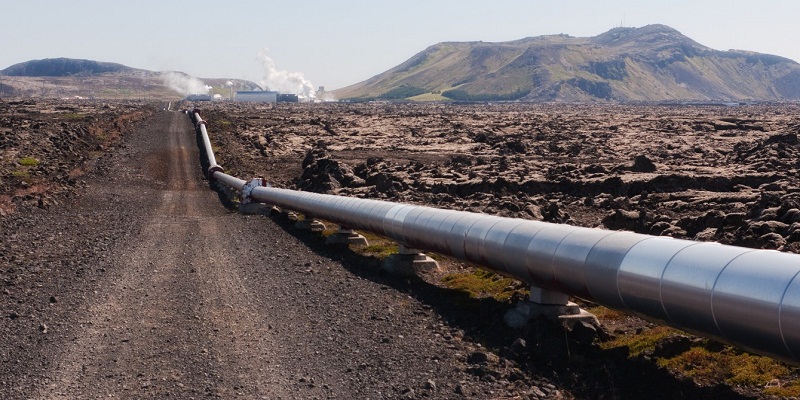Freight Modalities (6): Pipeline

A major non-mechanical mode of transportation is pipeline. Fluids, i.e. gases and liquids, can be efficiently and economically transported via pipeline. Pipelines can be overground or underground. Historically speaking, several major urban centres have experimented with pipeline or tunnel-based small freight transportation systems (New York’s pneumatic postal system, the underground post rail of London, etc.). Such systems are now mostly defunct due to the inescapable rigidity that they impose. The following describe the advantages and disadvantages of pipeline systems.
Advantages of Pipeline
- Underground pipelines are relatively secure, being shielded by earth from casual tampering.
- They can be direct, i.e. point-to-point, hub-to-hub, or hub-to-node.
- Once operating, they are generally non-labour-intensive to manage.
- They are highly energy efficient. Some may operate purely according to vacuum principles; others will require continuous mechanical pressure management.
- Overground pipelines can be easily maintained.
- Rate of flow can be easily adjusted.
- Flow can be easily stopped and started.
- Underground pipeline carriage of dangerous liquids is likely safer than carriage by road vehicle.
- Pipelines are a highly energy and time-efficient method of distributing high-value liquids and gases over enormous geographical distances.
Disadvantages of Pipeline
- Underground pipelines are inherently inflexible. Rerouting an underground pipeline is an expensive and disruptive process.
- Underground pipelines are susceptible to damage due to seismic activity.
- Pipeline transportation of dangerous fluids is inappropriate in seismically active regions.
- Overground pipelines are easily tampered with and breached (the oil pipelines of Nigeria, for example).
- Pipelines are a potential terrorist target. They can be effectively held hostage or maliciously damaged by rogue regimes and extremist groups.
- Maintenance of pipelines in unstable regions presents a major security and safety risk.
- Environmentally destructive substances are made more hazardous by pipeline transportation.
- In war zones, pipelines become a strategic acquisition and/or target.
- Pipelines can become significant tools of international diplomatic power.
